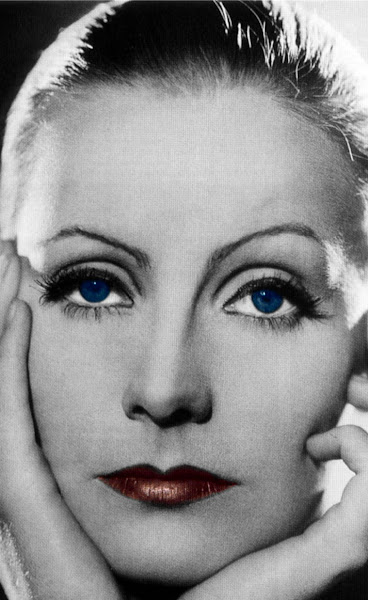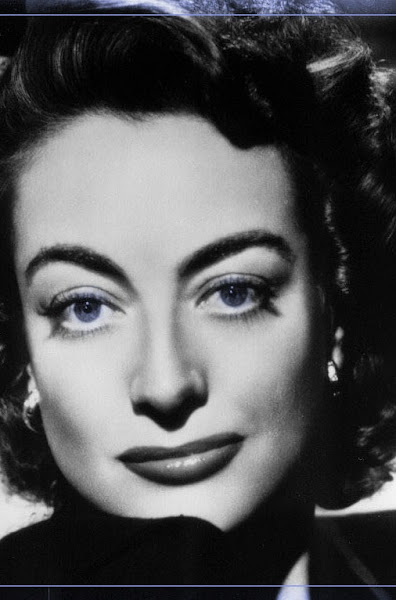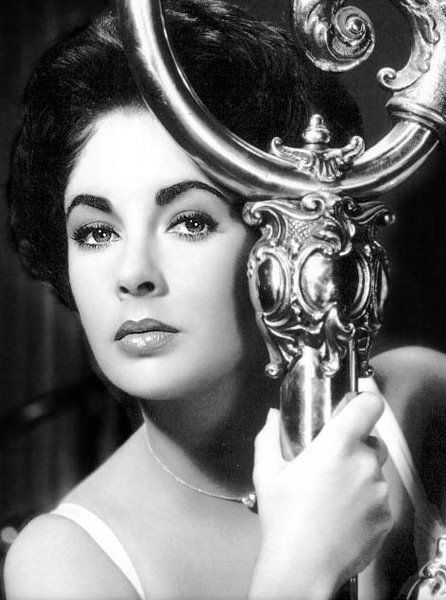 ** ½ out of ****
** ½ out of ****
Since the release of “Harry Potter and the Philosopher’s Stone” in Britain in 1997, the beloved J.K. Rowling-penned series has always left its readers with a favorite and a least favorite book. I think the same can be said of the film series, which began with “Harry Potter and the Sorcerer’s Stone” in 2001, so I believe that can permit me to humbly opine that this summer’s release of “Harry Potter and the Half-Blood Prince” is, thus far, the most disappointing offering. The good thing about the series so far is that no film has suffered the inevitable “Pirates of the Caribbean: Dead Man’s Chest” syndrome, in that a film has existed for the sole purpose of being a means to an end or a segue to something bigger to come. Unfortunately, I can no longer say that. Although this “Harry Potter” maintains the increasingly darker atmosphere that has developed through the series, it fails at retaining some of the aspects that have made the films so enjoyable.
There seems to be a formula for each “Harry Potter” story: Harry begins his summer among the “Muggles” (that is, non-magical folk), he returns to school to face a new adventure, a series of dark events occur, Harry battles Lord Voldemort or the Death Eaters and saves the day (at least temporarily), and he leaves Hogwarts for the summer. For the newest offering, the formula is almost the same, except Harry does not save the day, and many side stories have changed or been infinitesimally limited. For example, the second half of the film’s title, “The Half-Blood Prince,” which usually indicates its significance as the driving motivation for the story, becomes quickly abandoned in this film in favor of foregrounding the main character’s “J-14”-esque boy/girl attractions and the hunt for the secret Professor Slughorn (Jim Broadbent) hides about his former pupil, Tom Riddle (a.k.a. Lord Voldemort, for those of you who dare to speak his name). What is most baffling is how the “Half-Blood Prince” becomes casually revealed at the end of the film, with almost next-to-no typical, adventurous search from Potter. Even more perturbing is how there is no great battle between good and evil at the end of the film.
Although I generally hate redundant formulas for sequels’ stories, I do not think I would mind something as exciting as “Harry Potter and the Order of the Phoenix” again. In terms of the story, character development, and overall thrills, that film falls together so perfectly that it might well be the masterpiece of the series, thus far. Unfortunately, “Harry Potter and the Half-Blood Prince” feels less cohesive than that offering, even if it still does not bore, in the least.
Perhaps the more mature performances help. The three leading actors are definitely not 12-year-olds anymore, and maybe growing older with their respective character has helped them grow into their character’s skin more (or maybe famously performing naked onstage in “Equus” helps). Anyway, “Harry Potter and the Half-Blood Prince” has a lot of other fine acting talents to go around: Michael Gambon’s beloved Professor Dumbledore has more screentime than usual, and I think he will finally deservedly attain as much adoration as the elderly wizard as his predecessor, the late Richard Harris, whose gentle Dumbledore has been long preferred; Jim Broadbent, with his tender, sheepish demeanor and big, blue eyes, is perfectly cast as Professor Slughorn, even if his performance feels strongly repetitive of his Oscar-winning role in 2001’s “Iris”; Helena Bonham-Carter steals every scene in which she appears as creepy, frolicking Bellatrix Lestrange; and, most surprising of all, Tom Felton is stunning as Harry’s arch-nemesis Draco Malfoy, whose earlier performances have been youthfully cocky but are now hauntingly complex and painfully troubled.
These performances provide a strong root for the film, which is enjoyable enough that its 153-minute runtime comes and goes without five seconds of boredom. “Harry Potter and the Half-Blood Prince,” even if it does not quite stand up to its predecessors, does, at least, seem like a portent for good things to come with the release of the two-part “Harry Potter and the Deathly Hallows” (2010 and 2011).
July 16, 2009
Harry Potter and the Half-Blood Prince
Subscribe to:
Post Comments (Atom)

.jpg)

.jpg)
.jpg)

No comments:
Post a Comment